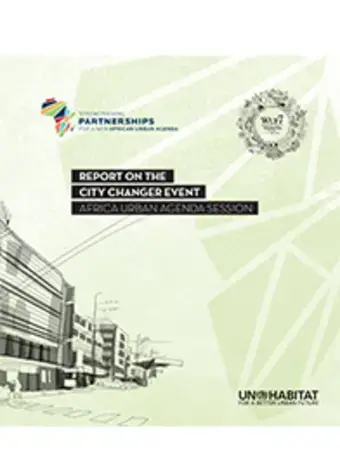This lecture outlines the impact of participation on practice, in particular how it can expand the scope and nature of practice in order to add strategic value to practical work. Nabeel Hamdi introduces the issues of equity and efficiency and their convergence in participatory work, and articulates the value of participation in building community and in human development.


